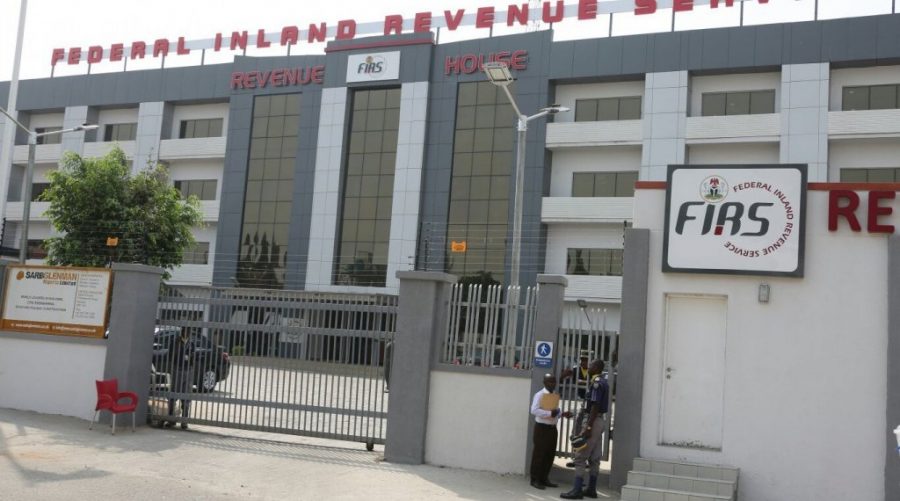The Federal Inland Revenue Service (FIRS) has stated that it will achieve a hundred per cent automation of all its tax administration processes with the aim of blocking revenue leakages, thereby revolutionizing revenue generation in Nigeria.
The Executive Chairman of the FIRS, Muhammad Nami, disclosed this while speaking as the Special Guest at the Pedabo 2022 Annual Public-Private Sector Engagement on Tuesday.
Nami highlighted that by virtue of the amendment to Section 25 of the FIRS (Establishment) Act in the 2021 Finance Act, any person who fails to grant the service access to its information technology systems to connect to its automated tax administration solution is liable to penalties under the law.
The Special Assistant (Media & Communication) to the Executive Chairman, FIRS, Johannes Oluwatobi Wojuola, disclosed this in a statement on Wednesday.
“We will seek to achieve 100% automation of all our tax administration processes, which will block revenue leakages and revolutionize revenue generation in the country. We expect your full cooperation in this regard, considering that by the amendment to Section 25 of the Federal Inland Revenue Service (Establishment) Act in the 2021 Finance Act (through Section 18 of the 2021 Finance Act), any person who fails to grant the Service access to its information technology systems to connect to its automated tax administration solution is liable to penalties under the law,” Nami said.
Meanwhile, Nami, in his address, had earlier noted that in the year 2021, the service had leveraged on the amendments to its Establishment Act to embark on “a major infrastructure overhaul, focusing on the deployment of technology for the automation of its processes and procedures,” thereby deploying its home-grown integrated tax administration system, TaxPro Max.
He went further to state that in 2022, the service will give priority to the collection of taxes from the digital economy, and that it will deploy technological tools in assessing entities that fall within the Significant Economic Presence (SEP) threshold and relevant turnover generated from Nigeria.
“With the amendment of Section 10 of the VAT Act by the Finance Act 2021, we will implement the published Guidelines on the Simplified Compliance Regime on VAT for Non-Resident Suppliers, to collect VAT on the digital supply of services and intangibles to Nigeria,” he added.
“The Service has deployed a digital service interface, the Digital Economic Compliance (DEC) Tool, to facilitate the implementation of the Regime. The implementation of the DEC Tools will also assist the Service in determining entities that fall within the SEP threshold and relevant turnover generated from Nigeria. This tool will go live shortly.”
He also stated that the service “will focus on compliance and enforcement strategies in 2022, by leveraging on intelligence, strategic data mining and analysis, to enhance audit and investigation functions and implementing the penalty regimes in accordance with the laws;” adding that, “the Service is poised to ensure prosecution of recalcitrant taxpayers in 2022.”
Nami called on taxpayers, tax consultants, tax collection agents and other stakeholders in the tax system to partner with the FIRS in 2022 to make taxation and tax revenue collection a pivot for economic growth and national development, stating that “no society can grow without its citizens paying their taxes.”






2 Comments